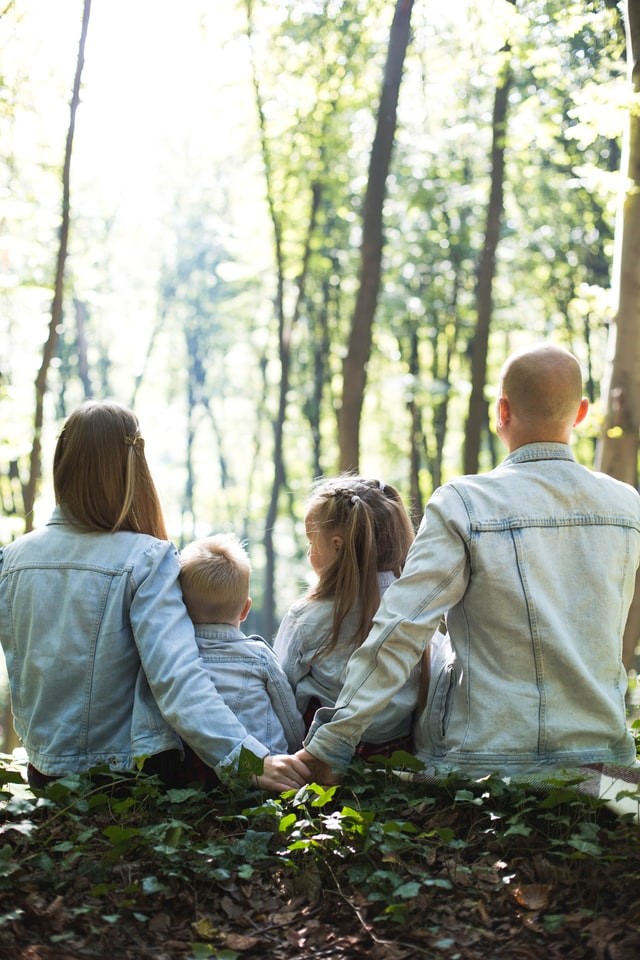Talking with Children about Cancer
As the mom of two children and a Tongue Cancer Survivor, I have found open and honest communication is paramount in building a trusting and loving bond. My husband and I agree to always explain things in an age-appropriate manner to ensure our children are always part of our daily conversations, as well as always feel heard. We try to answer their questions and if we do not have the answer, we simply say we do not know and seek additional resources.
My children have come with me to Memorial Sloane Kettering Cancer Center Hospital since they were born and as they have grown, so has their curiosity and questions about what happened to me when I had cancer, what is cancer, why does it happen and why do people die.
Below is what has worked for our family, and I hope it might help guide you as you navigate the continuous and ever-evolving discussions about all thing’s cancer with your child.
1) After being diagnosed I highly recommend you take a moment for yourself. Process your own feelings alone and then with your spouse, partner, loved one, or friend.
2) Create a plan to calmly discuss the news with your children. For example, “Mom or Dad has a disease called cancer. Explain it at an age-appropriate level. We find being direct and to the point is very effective.
3) Allow your children time to ask questions and process the information. DO NOT worry if you cannot answer all the questions. Talk to them about the general causes of cancer and treatments. Children are resilient and when given the information and chance will process the information in their own way.
4) Ensuring open communication and reducing fears. Depending on your children’s age, labeling feelings with visual cues can be very helpful. For example,
• For Preschool aged children images and labels to express fear, anger, anxiety, and happiness with visual cues. Such as the “Red” character with matching facial expression reflects anger and a “Yellow” character with a matching facial expression reflects happiness.
• For school-aged children having a doll or stuffed animal to show them where in the body your cancer is and to use an aid to further Q&A’s.
• For teenagers, after explaining the diagnosis and allowing them to ask any questions. Daily life will be different for a moment, but ensure them you have a plan.
5) Reflective language. It is important to reflect and share your own feelings. It will allow your children at any age to feel safe in sharing their feelings with you in return.
6) Are you going to die? Be prepared to be asked. Yes, some people die from cancer. Though I am hopeful that with the strong medicine the doctors are going to provide me that I will be okay.
7) Allow everyone a moment. I have taught my children that it is okay to need time alone to process the day or simply have a moment alone to be.
8) Remember this will be an ongoing and constantly evolving conversation. Various questions and topics will pop up daily. Simply try your best to go with the flow and constantly keep the lines of communication open.
9) Simply being together is key. Depending on how you are feeling, simply playing board games, watching silly movies, going for a walk, or reading a book together are key!
10) Checking in with each other daily. It does not need to be a drawn-out conversation. Every night at dinner we ask each other what our high and low was of the day. It is a simple way to connect and keep the conversation open.
Additional Resources for guidance and support are:
• Dana Farber
• CancerCare
https://www.cancercare.org/publications/22-talking_to_children_when_a_loved_one_has_cancer
• Memorial Sloane Kettering Cancer Center
https://www.mskcc.org/news/ten-tips-talking-your-child-about
For more helpful parenting tips and mom advice read our blogs “From One Mother To Another” in our series Know & Tell.







